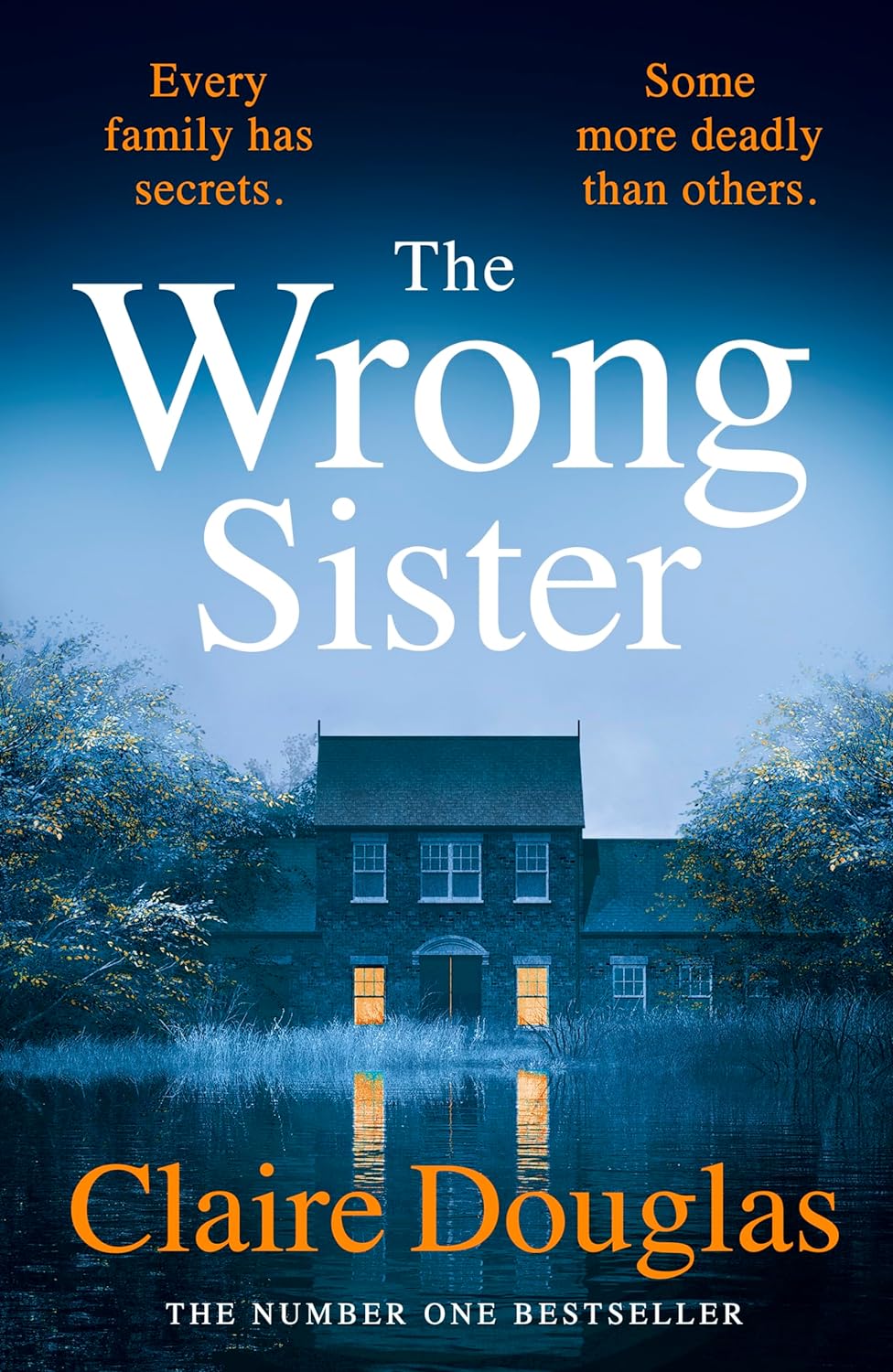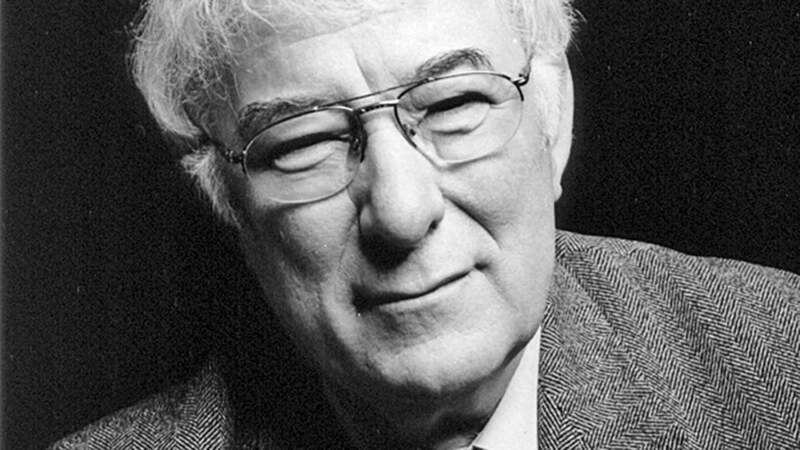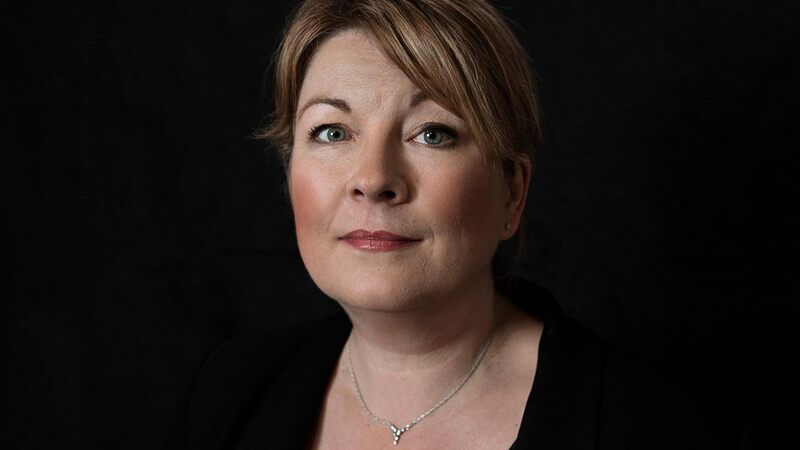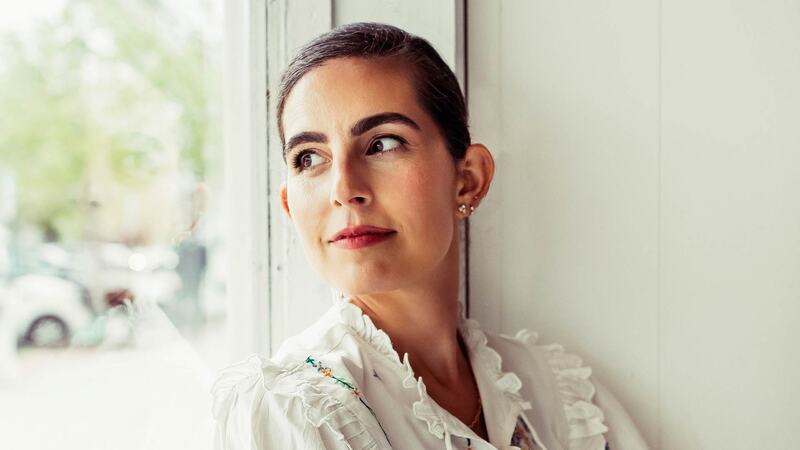You are viewing your 1 free article this month. Login to read more articles.
Claire Douglas on her 10th crime novel and writing one book a year
Writing a thriller a year since 2015 has seen Claire Douglas build towards brand-name status.
Ever since her 2015 debut, The Sisters, Claire Douglas has delivered a thriller every year. Her books, often described as domestic noir, tend to combine a pacy story “ripped from the headlines” with emotional drama. The Wrong Sister, her 10th novel, is the first to be published in hardback. As Douglas’ long-term editor at Michael Joseph, Maxine Hitchcock, says, two print format editions “will help maintain a year-long shelf and online presence which is so important when building a brand author”.
Over video call from her home in Bath, Douglas, who is already hard at work on book number 11, explains how she manages the demands of a book-a-year schedule. Everything starts with the hook: “I imagine, if you picked it up in a bookshop, what the hook would be.” Inspired by a friend, who told Douglas about a regular “life swap” she did with her sister, The Wrong Sister begins with two sisters trading places before it all goes horribly wrong.
Tasha has spent her whole life in the town of Chew Norton, near Bristol. Married to her teenage sweetheart Aaron, a mechanic, the couple are raising young twin girls. With Tasha on a part-time salary, money is tight so when her wealthy, child-free sister Alice offers them a break for a week in her holiday apartment in Venice, Tasha jumps at the
chance. Alice and her husband Kyle will look after the twins in Chew Norton.
It is hard to get that balance I think, of trying to get a twist in that is unguessable but not too ‘out there’
In Venice, Tasha receives a phone call. Alice and Kyle have been brutally attacked in the family home. By the time Tasha arrives back in England, Alice is in hospital and Kyle has not survived his injuries yet the twins slept through, unharmed. Just as Tasha is trying to figure out who on earth would want to harm her sister, a high-flying biochemist, she receives an anonymous note: “It was supposed to be you…”.
Suffice to say The Wrong Sister continues apace, with red herrings, misdirection and twists galore. I ask Douglas about the challenge of coming up with all of this, not just once but year after year: “You want to write the twist so that it doesn’t suddenly come out of nowhere. I tried to seed a few things in so that [the reader] thinks, of course! But it is hard to get that balance I think, of trying to get a twist in that is unguessable but not too ‘out there’.” This is where her editor comes in. “My editor doesn’t know what the story is about, she knows roughly, but she doesn’t know the twists, so it’s good to have a fresh pair of eyes.”
Local appeal
Douglas has favoured a small-town setting for many of her books—“it’s a bit claustrophobic and everybody knows everybody, everyone is gossiping about everyone else”. Douglas grew up in Chipping Sodbury, a small town about 12 miles from Bristol, with a mother who was an avid reader of crime and thriller books, but not the sort that Douglas could imagine writing herself: “In my head, crime writers were people like Lee Child.”
But from the age of seven, Douglas wanted to be a writer. Her first job, after studying journalism at university, was as a reporter on a local paper in Hampshire where her beat covered anything from the Army in Aldershot to more random human interest stories. Those were the days when people would ring the news desk to relate unusual things that had happened to them that week; one that stands out is the woman who was chatting to her daughter in the kitchen at home when a man barged in with a chainsaw (no murderous intent, he was lost).
She then worked for a press agency that supplied weekly magazines such as That’s Life and Take a Break with true life stories, and these were often crime related. “When you wrote these pieces for the magazines, you had to write it in the first person. You had to put words in their mouths and then send it to them to okay it. And that’s when I thought, ‘Oh I would love to do this.’” This sounds like perfect practice for the sort of crime novels Douglas would go on to write but, although she wrote her first novel at the age of 23, followed by “three or four more”, these early novels weren’t crime.
To be honest, I didn’t even know what the term psychological thriller was, it was only what the publishers called it
“All those years ago, when I was trying to become an author, I wanted to write more like Marian Keyes’ type of books,” she says. She sent them off to literary agents but to no avail.
Douglas had been working on a commercial fiction book featuring twins “for about two years” when she heard about a writing competition run by Marie Claire magazine which required three chapters of a “contemporary” novel plus a synopsis. But, driving through Bath one day, she suddenly thought of a way to make the story much darker, to turn it, in fact, into a psychological thriller. Although, as she endearingly confesses: “To be honest, I didn’t even know what the term psychological thriller was, it was only what the publishers called it!”
She then had to make a decision; to submit the much-worked on rom-com, or the darker, twisted version that had literally just popped into her head. She clearly made the right call as she won the Marie Claire Debut Novel Award, which included a one-book deal with HarperCollins, which published The Sisters, and an introduction to agent Juliet Mushens, who represents her to this day.
Her second book, Local Girl Missing, was snapped up at auction by Michael Joseph, and another four books followed, all psychological thrillers although she thinks her recent bestsellers have had more of a focus on “uncovering mysteries”. But then The Couple at No 9, published in 2021, broke her through to another level, sales supercharged by selection for the Richard & Judy Book Club. That was the book she wrote during lockdown, after the one before, which came out in 2020, had suffered from a publication date when all the bookshops were shut.
She wrote The Couple at No 9 very fast, partly as an “escape” from the pandemic chaos, and with an “I haven’t got anything to lose” attitude. “So that was a bit of freedom in a way, I didn’t have any expectations almost. Now there’s a bit more pressure because you want to keep writing books that people are going to like. But I try not to think too much about it because otherwise I don’t think I’d write anything!”











